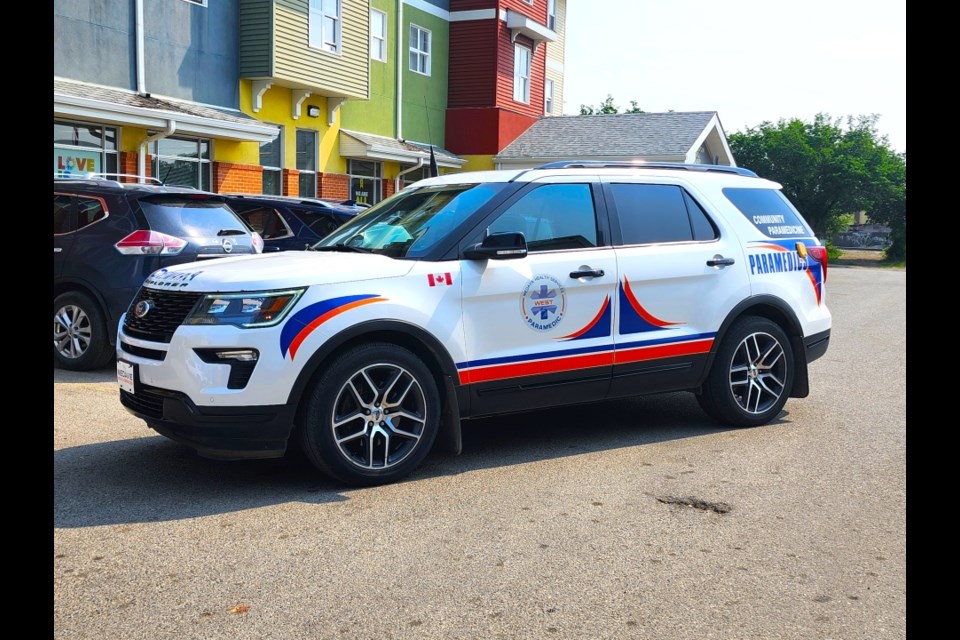SASKATOON — The Mobile Withdrawal Management Treatment Spaces provided by the Saskatchewan Health Authority will now be accessible to anyone in the city who wishes to use the service offered by Medavie Health Services.
The SHA, through the provincial government under the Ministry of Health and Addictions, will provide annual funding of $644,000 to support 40 mobile withdrawal treatment spaces.
“We're taking the issues happening in our province with mental health and addictions very seriously, and this is just another piece of that continuum of care. Medavie will be going out to the community and working with individuals,” said Mental Health and Addictions Minister Lori Carr.
“This is new money within the provincial government. The federal government previously funded it, but it had stopped supporting it. This is something that the province of Saskatchewan felt was valuable and important to continue. It is part of our budget this year, directed to Medavie.”
The Saskatchewan Action Plan for Mental Health and Addictions currently includes 281 of the 500 new treatment spaces the province has committed to adding by 2028. These spaces are available to Saskatchewan residents, with 40 withdrawal spaces allotted for Saskatoon through Medavie.
The funding also includes 17 inpatient spaces at the Carter House Family Treatment Centre and 32 intensive outpatient treatment spaces through Possibilities Recovery Center in Saskatoon. It will support 60 inpatient treatment spaces at EHN Willowview in Lumsden.
Muskwa Lake Wellness Camp and the Thorpe Recovery Centre, near Lloydminster, will each have 15 inpatient treatment spaces, with the latter also featuring five withdrawal management spaces. Onion Lake Cree Nation will receive 15 withdrawal management spaces.
The funding will also cover 26 post-treatment spaces at the St. Joseph’s Addiction Recovery Centre in Estevan, 14 inpatient addiction treatment spaces with Poundmaker’s Lodge in North Battleford, and 42 virtual spaces through EHN Canada.
Medavie Mobile Integrated Health senior manager Angela Sereda said they are ready to help anyone seeking support – not just those already in treatment facilities.
“They can call our intake line, and we'll start that intake process. We work closely with physicians and nurse practitioners to come up with that treatment plan together, and then connect them to more long-term supports that everybody can wrap around them,” said Sereda.
“This program is Community Paramedics, where it's an additional 18 months of training, where you dive into more of that community medicine piece with mental health and addictions, palliative care, geriatric care … to really address those needs specifically.”
She added that there will be one community paramedic on duty 12 hours a day, seven days a week. That paramedic will assess participants under the program to ensure continuity of care.
If responding to a call about a mental health or addiction-related incident, Sereda said there won’t be lights and sirens, but rather a community vehicle, meant to make the individual feel comfortable when the team arrives at their residence.




